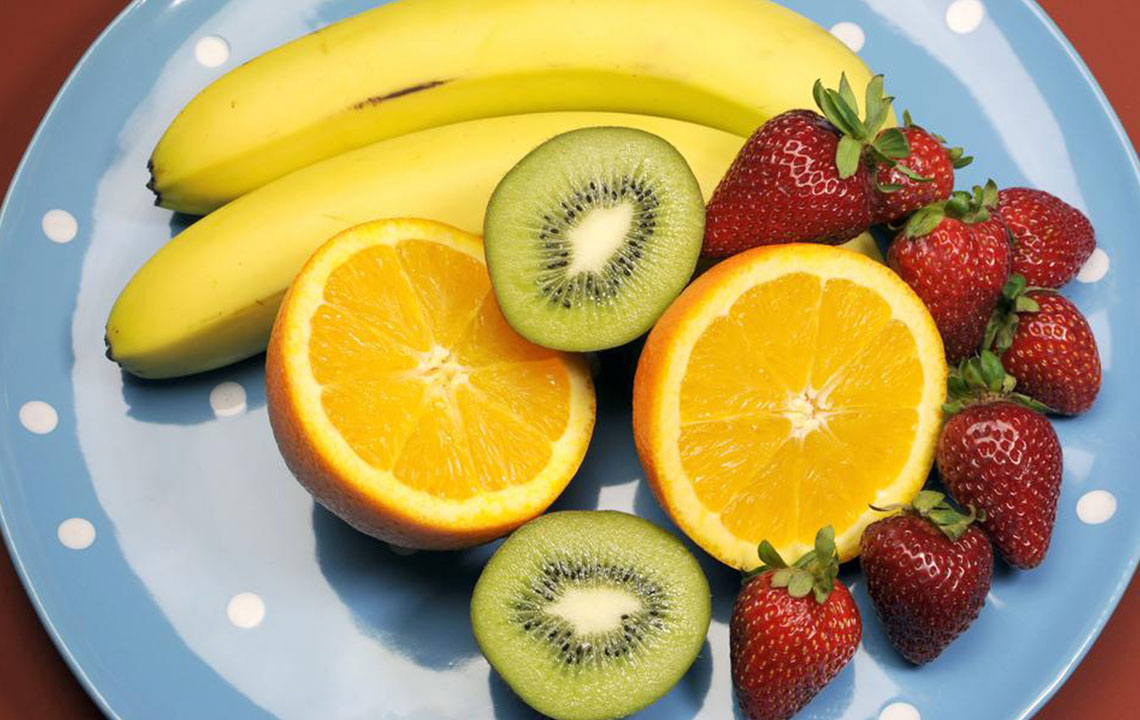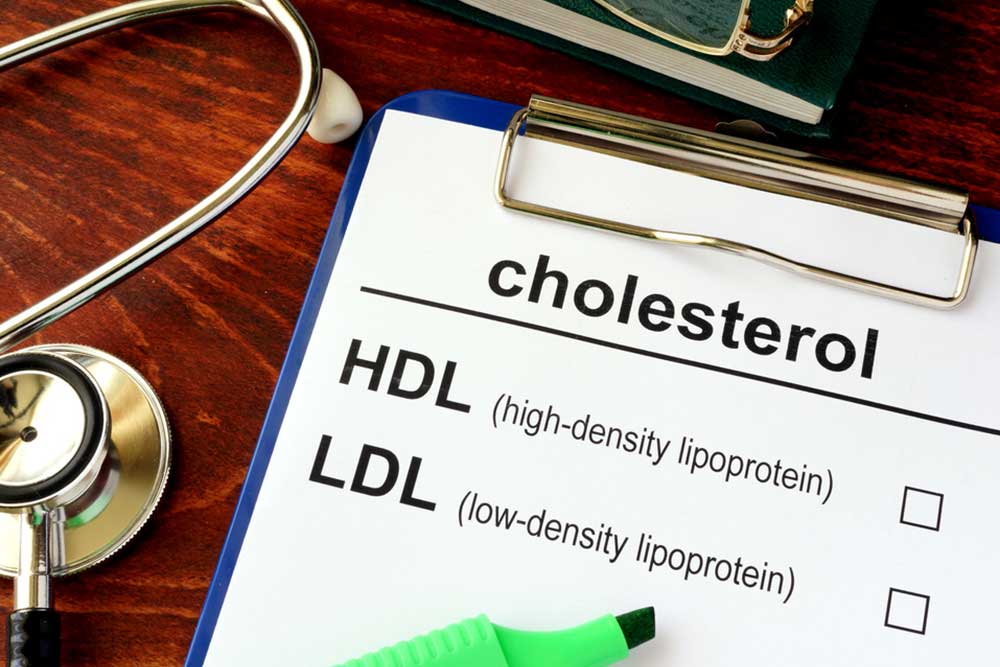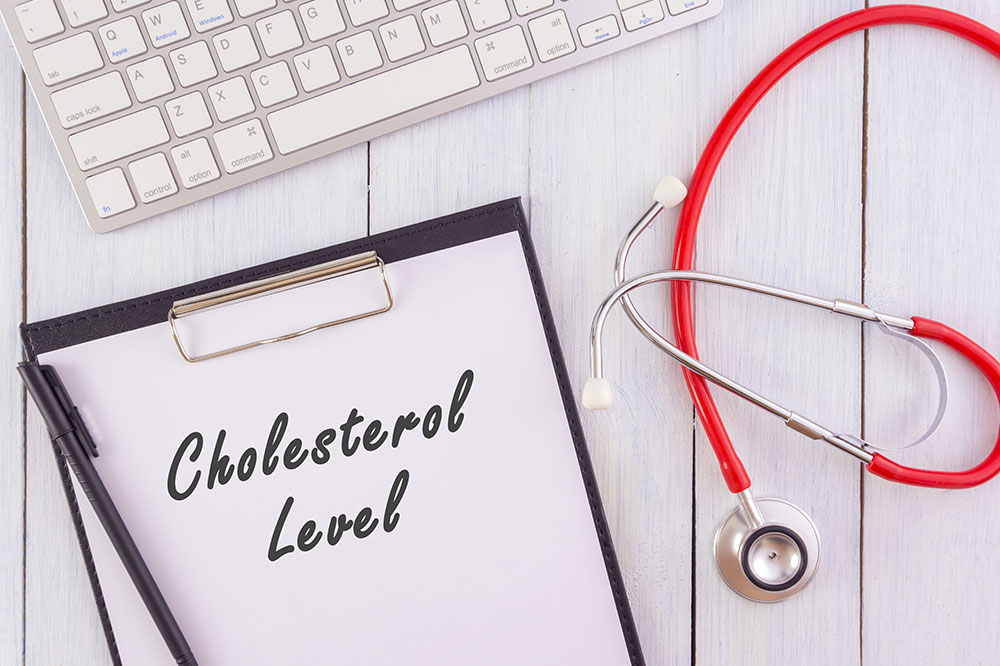Ways to Manage Your Cholesterol Levels
Cholesterol is a fat-based waxy substance found in all animal-based food items. Its function lies in the fact that it helps in the making of certain hormones, vitamin D, and substances which facilitate digestion. The body synthesizes a part of it. As it is insoluble in water, protein particles are used in its transportation in the blood plasma. There are two types of cholesterol-carrying lipoproteins namely High-Density Lipoprotein(HDL) & Low-density Lipoprotein(LDL).

High-Density Lipoprotein is called the good cholesterol as they help in carrying blood to the liver, which in turn breaks down the cholesterol. The Low-Density Lipoproteins are known as the bad cholesterol as they facilitate the clogging of arteries with cholesterol thereby hampering the transportation of blood from the heart to other parts of our body. Thus, having a high level of LDL cholesterol in your body can lead to several heart-related ailments. Given the fact that high LDL do not show any signs or symptoms, it is tough to detect it unless it’s too late.
Therefore, one must follow proper diet plans to reduce high cholesterol and to manage the condition. In the US, more than 74 million adults are diagnosed with a high level of Low-Density Lipoprotein or bad cholesterol in their blood. Thus, it is advisable to get your cholesterol levels checked every five years after you attain an age of 20. Also, making lifestyle changes and following the diet plans for avoiding high cholesterol is essential to manage this condition.
The total cholesterol level is considered safe at 200 mg /dL. The amount of LDL present in our blood is 100 mg/dL which is considered optimal, and anything beyond that increases the chances of acquiring heart-related problems. The ideal HDL should be above 60 mg/dL, as it signifies that we are protected to some extent against heart diseases. A low-cholesterol diet is recommended for people with high cholesterol and coronary heart diseases. Our body produces an adequate amount of cholesterol to meet its need. However, the extra amount of cholesterol entering the body through various food sources is the actual culprit in causing cholesterol related ailments. The total fat content in our diet should be reduced, and the ratio of monounsaturated, polyunsaturated, and saturated fatty acid should be 1:1:1.
Foods to avoid when you have high cholesterol-
- Processed vegetable oils
- Cookies and Sugary snacks
- Packaged & Processed foods
- Milk & dairy products
- Refined grain products
- Grass-fed beef
Foods to consume when you have high cholesterol-
- Oatmeal and high-fiber foods
- Fish & omega-3 fatty acids
- Walnuts, almonds, & other nuts
- Avocados
- Beans
- Olive oil
- Whey protein
- Foods with added plant sterols
- Chocolate
The Daily Diet chart for maintaining healthy cholesterol level in your body is listed below. Also, the diet plan to reduce high cholesterol provides approximately 2400 calories.
- 300 Kcal from Cereals Wheat, Rice, etc. and 50Kcal of pulses.
- 50 Kcal from green leafy vegetables like lettuce, Spinach, etc.
- 100 Kcal from other vegetables.
- 100Kcal from the root and tuberous vegetables.
- 100 Kcal from fruits.
- 400 Kcal from Skimmed milk
- 30 Kcal from sugar and 20Kcal from oil.
The diet plans to reduce high cholesterol has protein of 70gms, fat worth 50 grams, and cholesterol worth 400 grams. A thorough consultation with a professional dietician is advisable before taking up the diet plans to reduce high cholesterol. Recently it has been found that flax seeds when consumed help in reducing the level of low-density lipoprotein or LDL and increases the level of high-density lipoprotein. Therefore, they help to protect the body against heart diseases and stroke.
If a person is suffering from hypertension, the level of salt in the diet should also be reduced while treating high cholesterol problem. In spite of a proper diet plan for high cholesterol certain habits like smoking, drinking, etc. can still help in increasing the bad cholesterol level. Studies show that red wine and tea help in reducing high cholesterol. Adding two cloves of garlic in your diet every day will have a good impact as well.
A proper balance of High-Density Lipoprotein and Low-Density Lipoprotein is essential for the proper functioning of the body. Due to the effect of unhealthy food habits and change in lifestyle, the problem of high cholesterol is turning out to be a major problem across America. A proper diet plan to avoid high cholesterol must be adhered to. With no visible symptoms, incidences of a high level of Low-Density Lipoprotein in the blood is going undetected, and as many as 48 % of American have no idea or are not taking proper care to treat their high cholesterol level. So, it is high time that awareness is spread on this matter before it is too late and follow the diet plans to get rid of high cholesterol.




